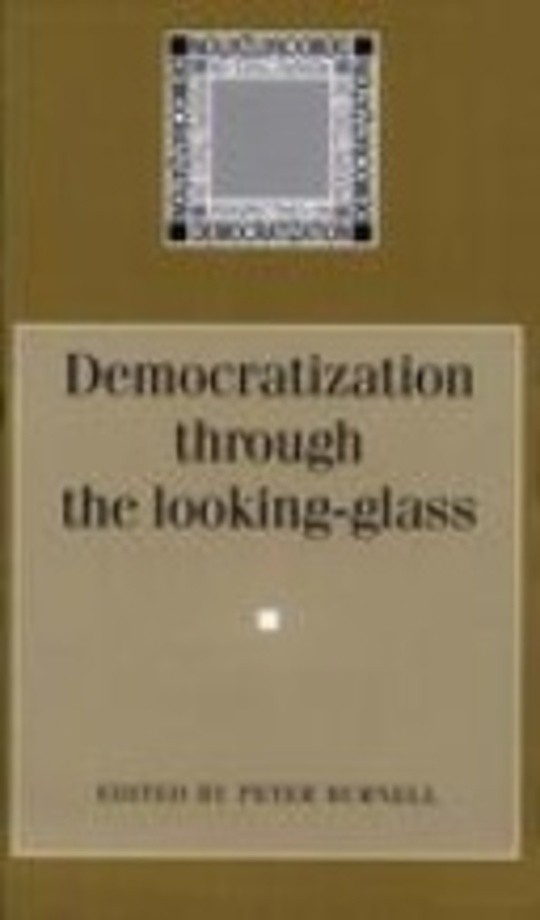
The European Second Generation Compared
Free
Description
Contents
Reviews
Language
English
ISBN
Unknown
The European Second Generation Compared
Table of contents
Acknowledgements
1 Introduction
2 Comparative integration context theory Participation and belonging in diverse European cities
3 Research methodology
4 The TIES respondents and their parents Background socio-demographic characteristics
5 School careers of second-generation youth in Europe Which education systems provide the best chances for success?
6 Assessing the labour market position and its determinants for the second generation
7 Union formation and partner choice
8 Identities Urban belonging and intercultural relations
9 Ways of ‘being Muslim’ Religious identities of second-generation Turks
10 Conclusions and implications The integration context matters
List of contributors
The book hasn't received reviews yet.











